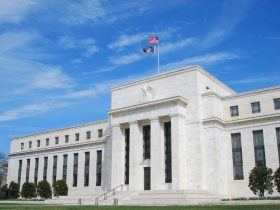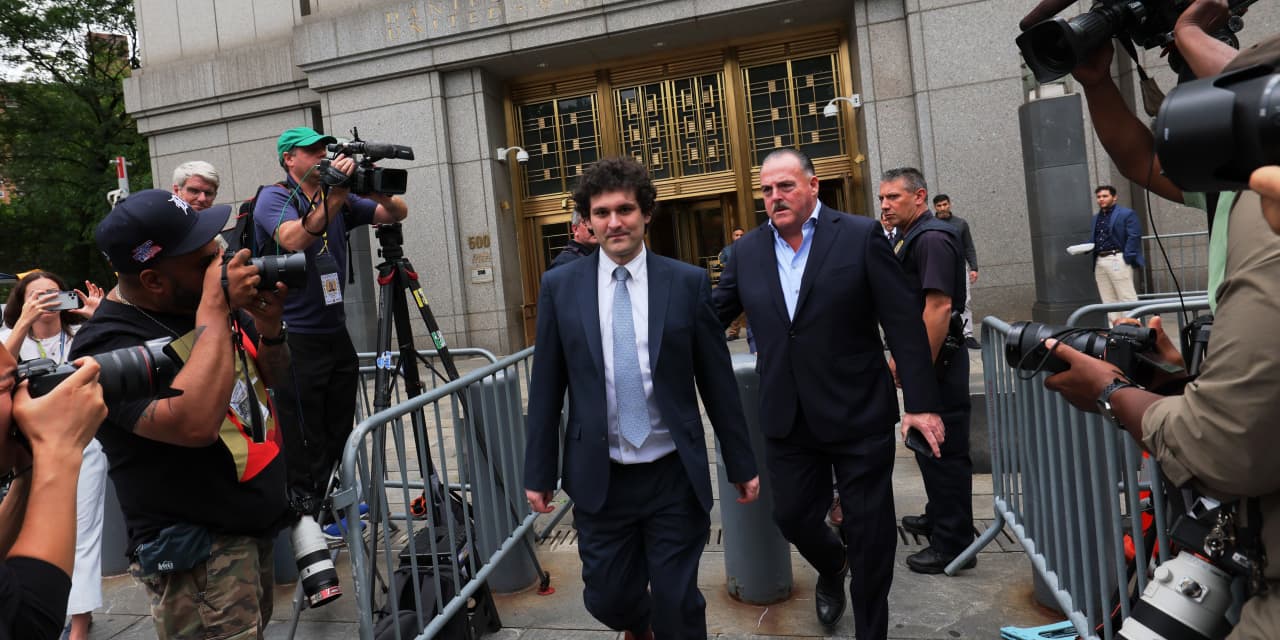Crypto’s been in a lull lately, stuck between disinterested traders on one hand and regulatory ire on the other. This week’s trial of Sam Bankman-Fried is a stark reminder of how it got there, and why investors should be cautious.
Last November, crypto trading platform FTX crashed in rapid fashion. Billions of dollars in customer funds went missing, and prosecutors alleged that founder Bankman-Fried and other senior executives diverted customer tokens to enrich themselves and support other projects.
Bankman-Fried has pleaded not guilty, and his defense has indicated it will argue the missing funds are the result of incompetence rather than crime.
Since FTX’s collapse, crypto executives have been quick to point out the circumstances around the case aren’t unique to the token market, and that similar fraud allegations have been made against traditional finance firms.
“The issues in this case are pretty straightforward: Was there fraud or wasn’t there?,” said Judge Lewis Kaplan in denying the latest bid by Bankman-Fried’s attorneys to get him released during the trial.
But even if the nature of the allegations aren’t unique to the token market, the trial, set to begin Wednesday, should be a reminder to investors how little recourse they have should the trading platforms they do business with go under.
In the case of securities-related frauds, the Securities Investor Protection Corporation—up to a $500,000 limit—will replace securities or cash missing from investors’ accounts. Some brokers have private insurance that covers their clients even further.
Even though the Securities and Exchange Commission has said most crypto tokens are likely securities falling under its remit, the SEC says that to get SIPC protection, the token would have to be registered with the agency, a step that almost no token issuers have tried to take.
There also aren’t standard practices in crypto for how platforms treat customer funds, and regulators assert that even after the FTX collapse, some platforms mix their own assets with those owned by their customers.
“As it relates to the so-called crypto exchanges, they’re doing what we wouldn’t even allow anywhere else,” said SEC Chair Gary Gensler at a House committee hearing in September. “They’re commingling, co-bundling, trading against the public and sometimes front running the public on their platforms.”
The SEC in June sued
Coinbase Global
(ticker: COIN) and Binance, the largest trading platform, alleging they operated as unregistered securities exchanges. In the case of Binance, the SEC said its executives could “commingle customer assets or divert customer assets as they please.” Both firms deny the charges.
FTX’s bankruptcy estate is still fighting to recover customer assets, recently suing Bankman-Fried’s parents to recover “fraudulently transferred and misappropriated funds,” according to The Wall Street Journal. Lawyers forJoseph Bankman and Barbara Fried have said the charges are false. Customers will likely get back at least some of their assets but might never be made whole.
Some lawmakers are moving forward on bills they say would prevent the next FTX, but for now, crypto traders should be wary. They are on their own.
Write to Joe Light at joe.light@barrons.com
Read the full article here













Leave a Reply